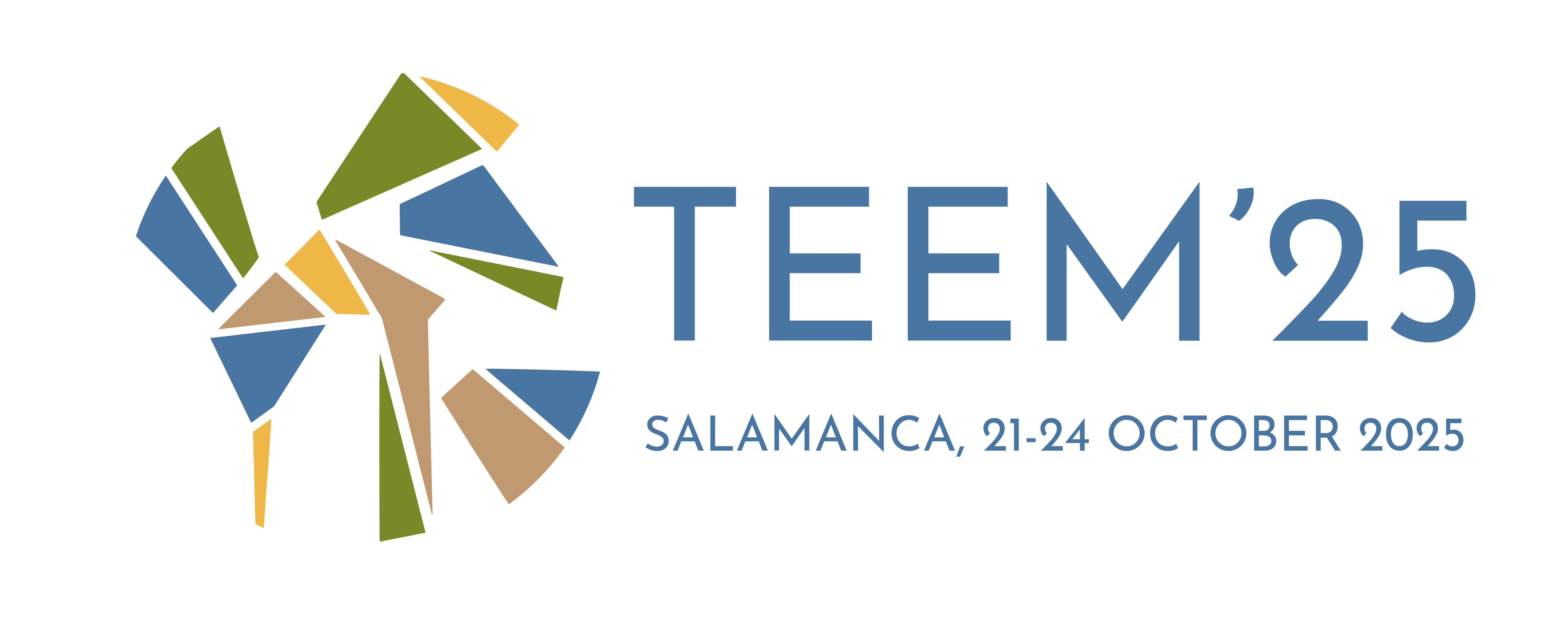“Getting to Know Your Peers: Exchange and Collaboration among PhD Students”
Lucía García Holgado and Erika García Silva, Universidad de Salamanca

This activity seeks to foster academic exchange and the creation of collaborative networks among doctoral students. Through an Academic Speed Networking approach, participants will have the opportunity to meet each other, share their research interests, discuss common challenges, and explore potential synergies for future collaborations.
Participants will participate in short discussion sessions, allowing them to interact with several colleagues. The session will conclude with a group reflection on the contacts established and the opportunities identified for continued collaboration.
This is a dynamic and participatory activity aimed at strengthening the doctoral research community.
Lucía García Holgado is the project manager of the GRIAL group and researcher. She has participated in several national and international research projects focused on diversity and inclusion, such as GAMIGRATION (Gamified Values Education For Fostering Migrant Integration at Schools), CreaSTEAM (Co-thinking and Creation for STEAM diversity-gap reduction), W-STEM (Building the future of Latin America: engaging women into STEM) and also in projects focus on open and informal education, evaluation and eLearning.
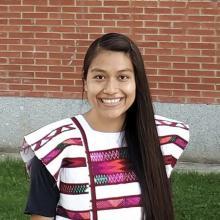
Erika García Silva holds a Bachelor’s degree in Administration (2016, Universidad Autónoma Metropolitana, Mexico), a Master’s degree in Economics, Finance, and Computer Science (2019, from the International University of Andalusia and the University of Huelva, Spain), a Master’s degree in Business Management (2020, from the University of La Rioja, Spain), and a Master’s degree in Digital Information Systems (2021, from the University of Salamanca, Spain). She is currently developing her thesis “Indigenous Women in STEM Careers. A Case Study in the Technological Institutes of the State of Oaxaca, Mexico,” with a Predoctoral Contract from the University of Salamanca, co-financed by Banco Santander (awarded in 2022).
Workshop “Connections: Beyond the Thesis”
Alberto Ortiz López, Universidad de Salamanca

This experiential workshop helps doctoral students turn the feeling of walking alone in the dark into a shared journey toward clarity and connection. Through brief, participatory dynamics, participants identify real moments of chaos and insight in their research process, co-create a collective affinity map that reveals common challenges and motivations, and collaborate in small groups to craft practical advice, creative slogans, and action ideas to move forward with greater focus and mutual support. The session is dynamic, human, and deeply collaborative—it reinforces the idea that the PhD path isn’t solitary: sharing experiences transforms uncertainty into learning and community into an everyday source of strength.
Alberto Ortiz-López is an Assistant Professor in the Department of Research Methods and Educational Diagnosis (MIDE) at the University of Salamanca, and a member of the GRIAL Research Group (Research Group in InterAction and eLearning). His work focuses on educational evaluation and guidance, technology-enhanced learning, and the adoption of digital tools by teachers. He teaches courses on evaluation, guidance, and research methodology, and actively participates in GRIAL’s research, innovation, and knowledge transfer initiatives. His academic and scientific contributions are featured on the University of Salamanca’s institutional portals.
“Beyond Disciplinary Boundaries: Interdisciplinary Approaches to Research and Innovation in STEM Education“
Genaro Zavala, Institute for the Future of Education-Tecnológico de Monterrey
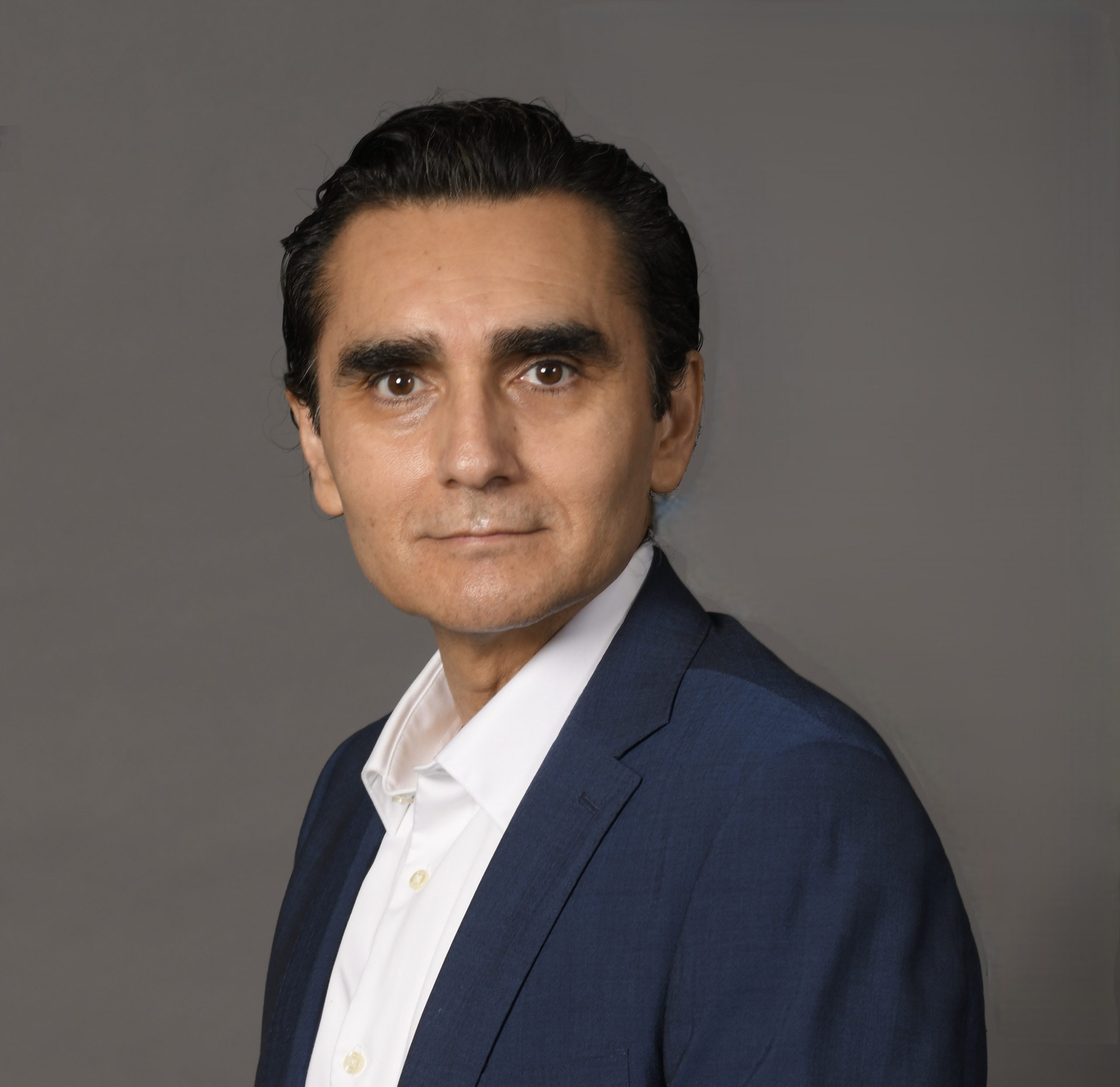
This talk examines how interdisciplinarity drives research and innovation in STEM education. Drawing on experiences from a research group composed of faculty from diverse fields, including engineering, computer science, education, and the social sciences, the session will discuss the theoretical foundations that support collaborative work across disciplines and the common challenges that arise in such environments. In addition, participants will engage in a hands-on activity to design interdisciplinary research proposals, bridging theory and practice, and reflect on how to incorporate these perspectives into their own doctoral and academic projects.
Genaro Zavala is the Associate Director of the Research Laboratory at the Institute for the Future of Education (IFE) at Tecnológico de Monterrey, where he leads and collaborates on multiple initiatives to advance educational research and innovation. Recognized as a National Researcher Level 2 by Mexico’s National System of Researchers (SNII-SECIHTI), he has built a distinguished career in educational research spanning over two decades. His research focuses on several critical areas, including conceptual understanding in physics and engineering education, promoting and analyzing active learning methodologies, integrating advanced technological tools into educational practices, and the growing field of artificial intelligence applications in education. He is interested in interdisciplinary STEM education, aiming to foster cross-disciplinary thinking and collaboration among researchers, educators, and students.
“Qualitative Research, or how to explain quantitative data: The focus group. Discussion about the teacher’s profile using AI“
David Fonseca Escudero, Universitat Ramon Llull

Research is grounded in data and observation. The sample in a study determines the best approach for meaningful data collection and analysis, which may be quantitative, qualitative, or mixed-methods. This workshop focuses on a high-yield qualitative approach: the focus group. This approach makes it possible, in a single session, to gather perceptions, opinions, and evaluations of a product, method, system, technology, etc., either in an open or semi-structured format; it can complement a quantitative approach or be directly useful for assessment and decision-making in a research project. To that end, the topic must be of interest and tailored to the profile or needs of the sample. For our workshop, we will focus on a timely topic: the educator profile in the use of generative AI.
Dr. David Fonseca Escudero is a Full Professor at La Salle Campus Barcelona (Universitat Ramon Llull) in Research Methods and Educational Diagnosis. He is a researcher with the HER-TEL group (Technology-Enhanced Learning track) and teaches in the Schools of Architecture and Engineering. His academic background includes a Technical Engineering degree in Telecommunications (Image and Sound), a degree in Audiovisual Communication, and a PhD in Media Technologies. His career bridges teaching and research in architecture and engineering, with a particular focus on visual technologies applied to learning and representation (AR/VR, UX, and gamification) to enhance the educational experience and the design of activities in university contexts. He has coordinated the Graphic Representation area of the Department of Architecture and led the GRETEL research group. Having supervised more than ten doctoral theses, his research focuses on STEAM fields, diversity and student support, and Educational Data Mining processes. A mountain enthusiast, he is an expert in wine and the art of fine dining, as well as a renowned grower of hot chili peppers.
“Presentation of the Ibero-American node of the GO-GN network, focused on supporting doctoral students in science and open education“
Francisco Iniesto, Universidad Nacional de Educación a Distancia
Virginia Rodés, Institute for the Future of Education-Tecnológico de Monterrey
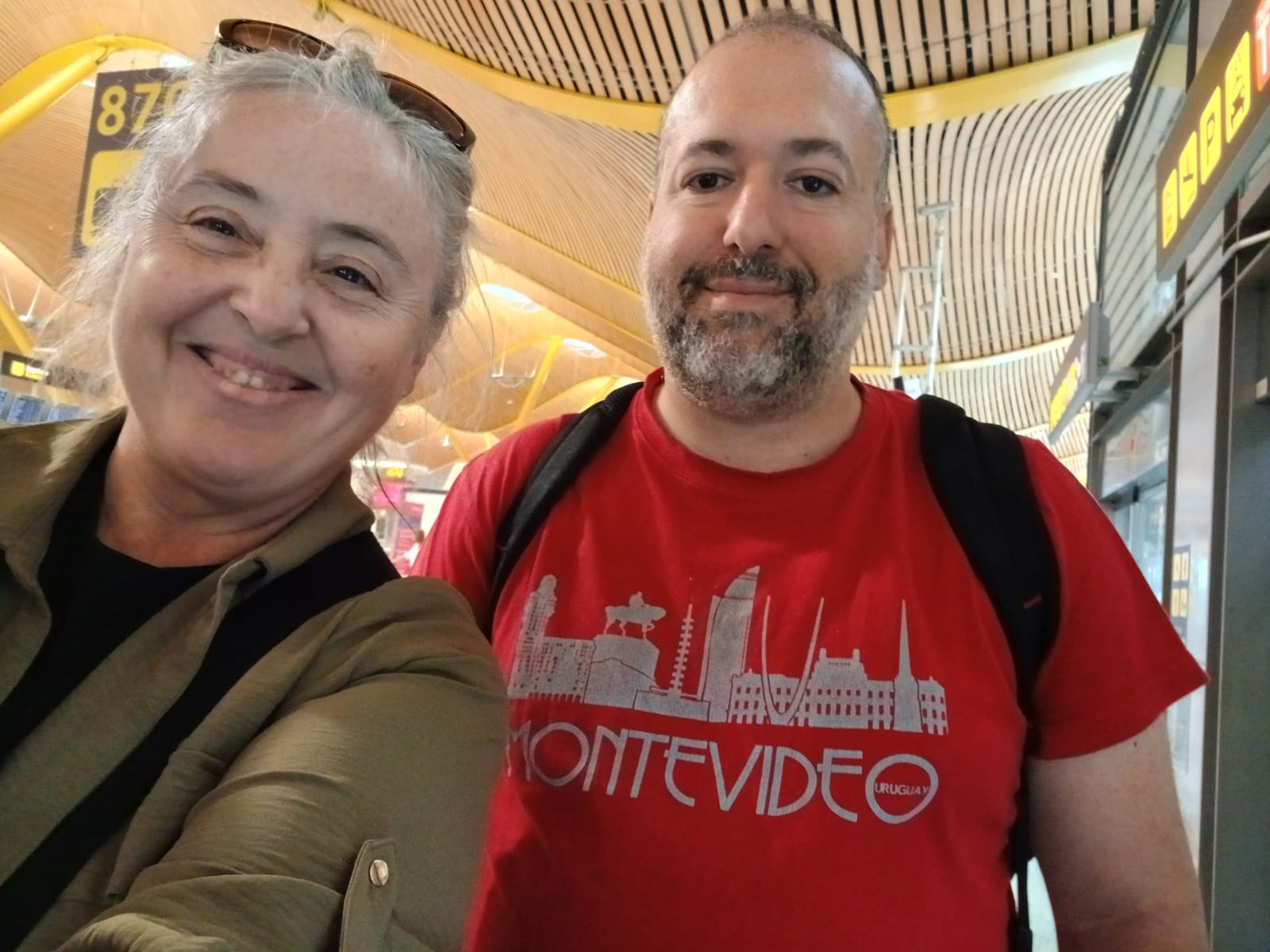
The Global OER Graduate Network (GO-GN) was created in 2013 and has since supported more than 200 doctoral students in open education and science. It is coordinated by the Institute of Education Technology of the Open University in the United Kingdom. Thanks to funding from The William and Flora Hewlett Foundation, several regional nodes have been created, including the IberoAmerican region coordinated by the Institute for the Future of Education in Europe (IFE Europe). This region is characterised by a rich diversity of cultures, languages, and educational systems; however, it faces significant challenges in terms of equitable access to open educational resources and research networks that promote open science and therefore aims to support IberoAmerican doctoral students.
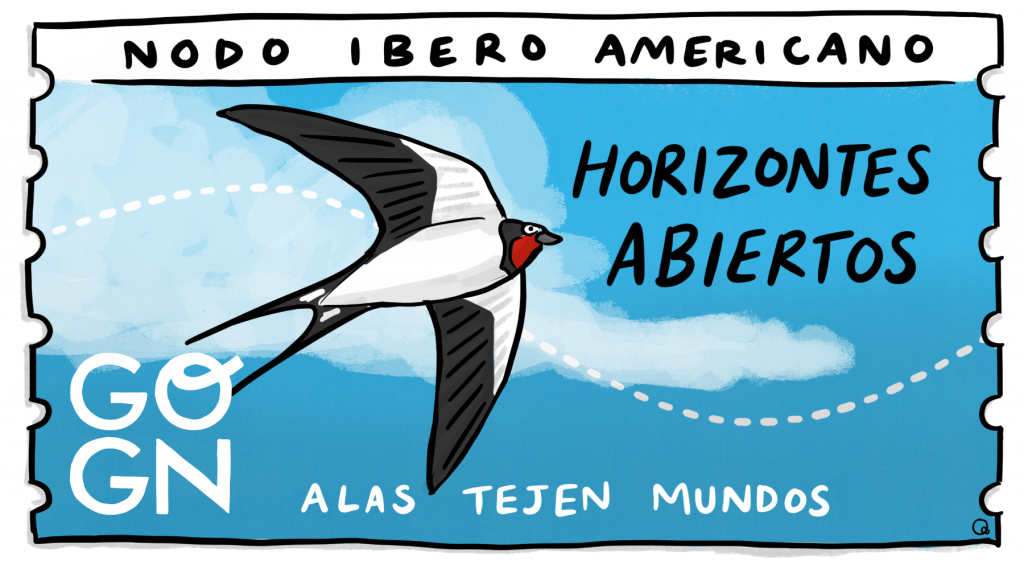
Francisco Iniesto: Lecturer at the School of Computer Engineering of the Universidad Nacional de Educación a Distancia (UNED). He got his PhD and worked as a Research Associate at the Institute of Educational Technology at the Open University in the United Kingdom, where he continues to hold a visiting research fellow position. His research focuses on open science and education, particularly through enhancing equity, diversity, inclusion, and accessibility in online educational environments.
Virginia Rodés: PhD in Equity and Innovation in Education from the University of Santiago de Compostela. Her research has focused on the development of a critical Latin American decolonial model for the adoption of Open Educational Resources (OER). She is a Research Professor in Lifelong Learning at the Institute for the Future of Education in Europe (IFE Europe), located in Bilbao.
“Generative Artificial Intelligence in the Research Lifecycle“
Francisco José García Peñalvo and Andrea Vázquez Ingelmo, Universidad de Salamanca

Generative artificial intelligence has established itself as a widely used tool in various fields, including academia, and has a significant impact on all university functions. In the context of research, its presence can encompass all stages of the process: from the formulation of proposals and the review of the state of the art, to the writing of scientific articles and the dissemination of results to the academic community and society. Banning these tools is neither a realistic nor an effective strategy. It is therefore essential to understand their potential, their limitations, and the ethical principles that should guide their responsible integration into research practice. This workshop provides a critical and practical reflection on the application of generative artificial intelligence in research, fostering an ethical, informed, and productive approach.
Francisco José García-Peñalvo is a Full Professor in the Department of Computer Science and Automation at the University of Salamanca (USAL), with four six-year periods of recognized research, one six-year period of recognized transferring and innovation, and five five-year periods of recognized teaching. He received the Gloria Begué Award for Teaching Excellence in 2019 and the Maria de Maeztu Award for Research Excellence in 2023. He is currently the Deputy Director of the Research Institute for Educational Sciences (IUCE) and the Coordinator of the Doctorate Programme in Education in the Knowledge Society at USAL.
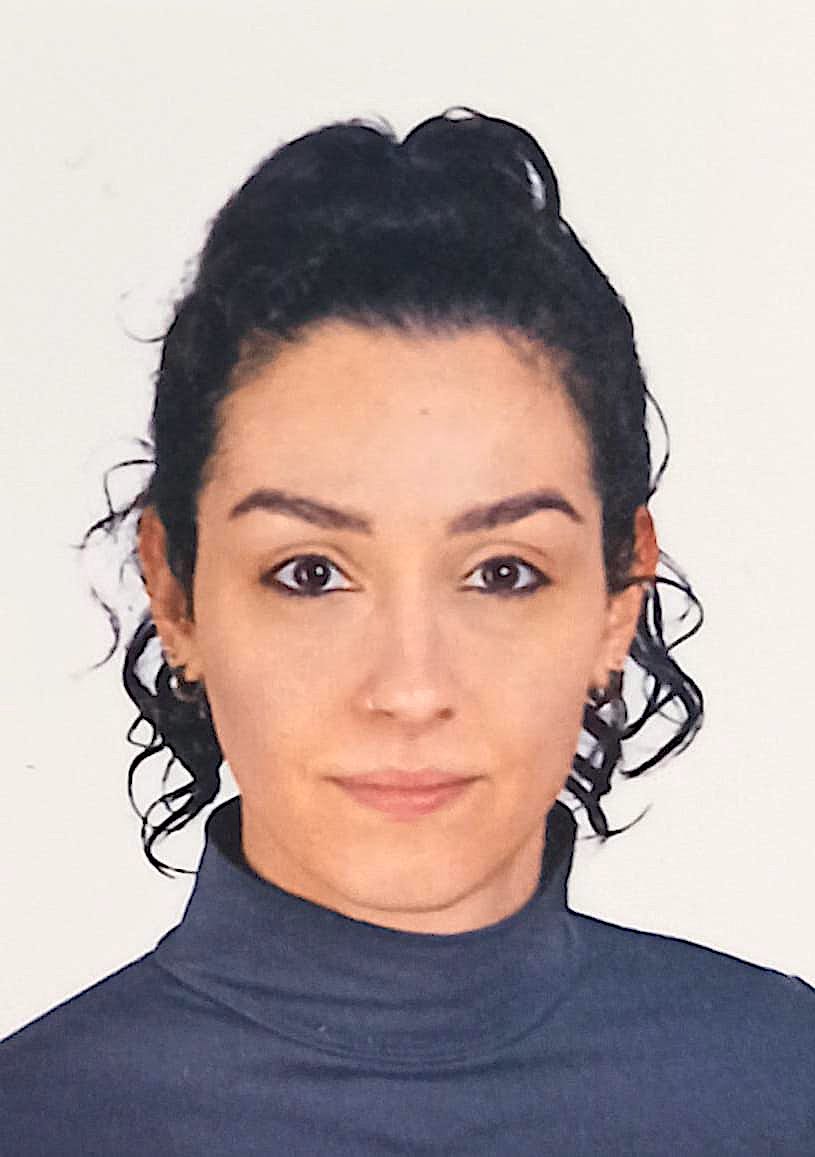
.
Andrea Vázquez-Ingelmo is a researcher at the Research Group of Interaction and eLearning (GRIAL) at the University of Salamanca, where she earned her B.Sc. (2016), M.Sc. (2018), and Ph.D. (2022) in Computer Science. Her research focuses on human-computer interaction, software engineering, data visualization, and the application of machine learning techniques in educational and interactive systems. She has co-authored numerous publications in international journals and conferences, contributing to the design of adaptive and data-driven learning technologies.
